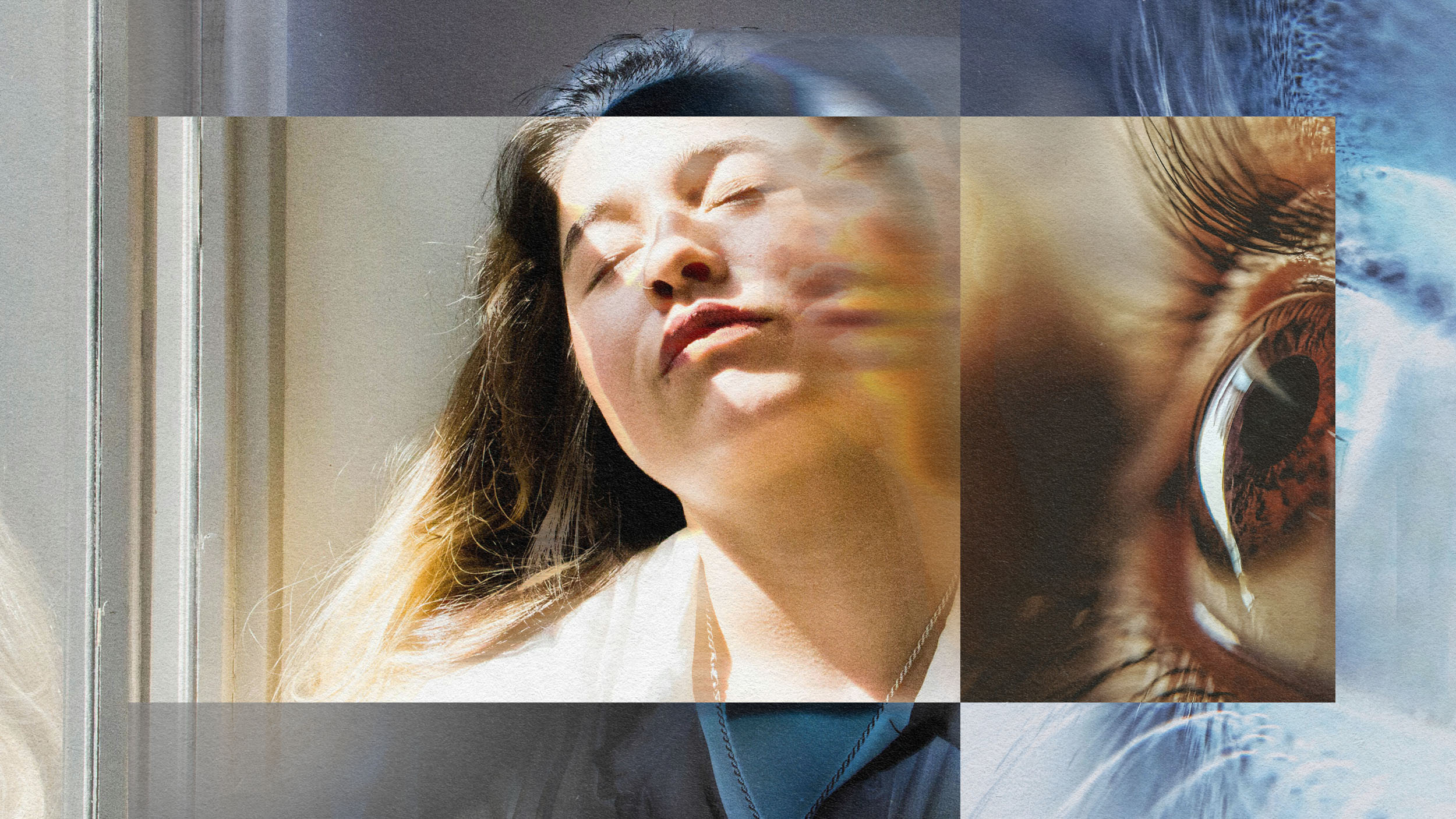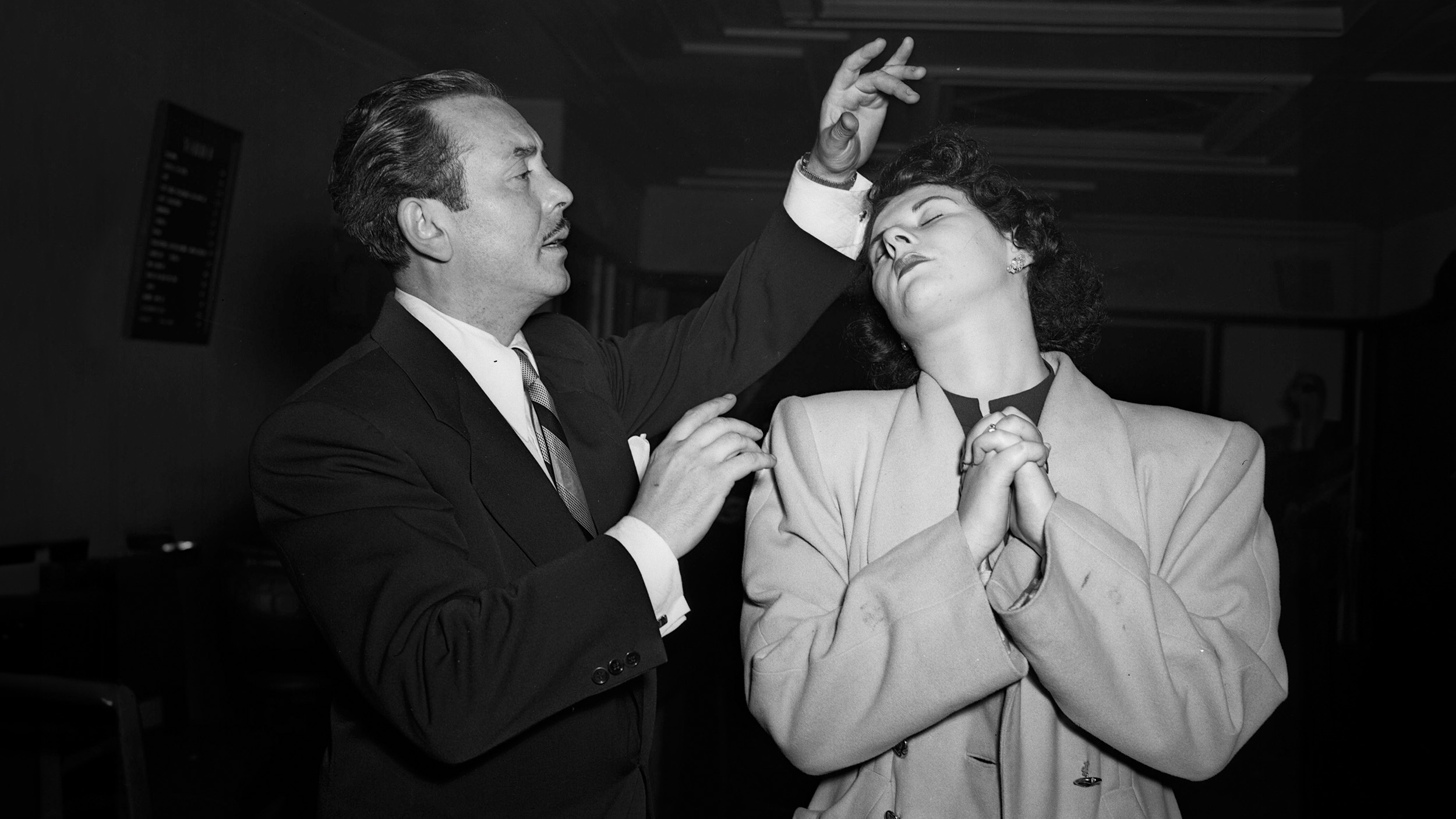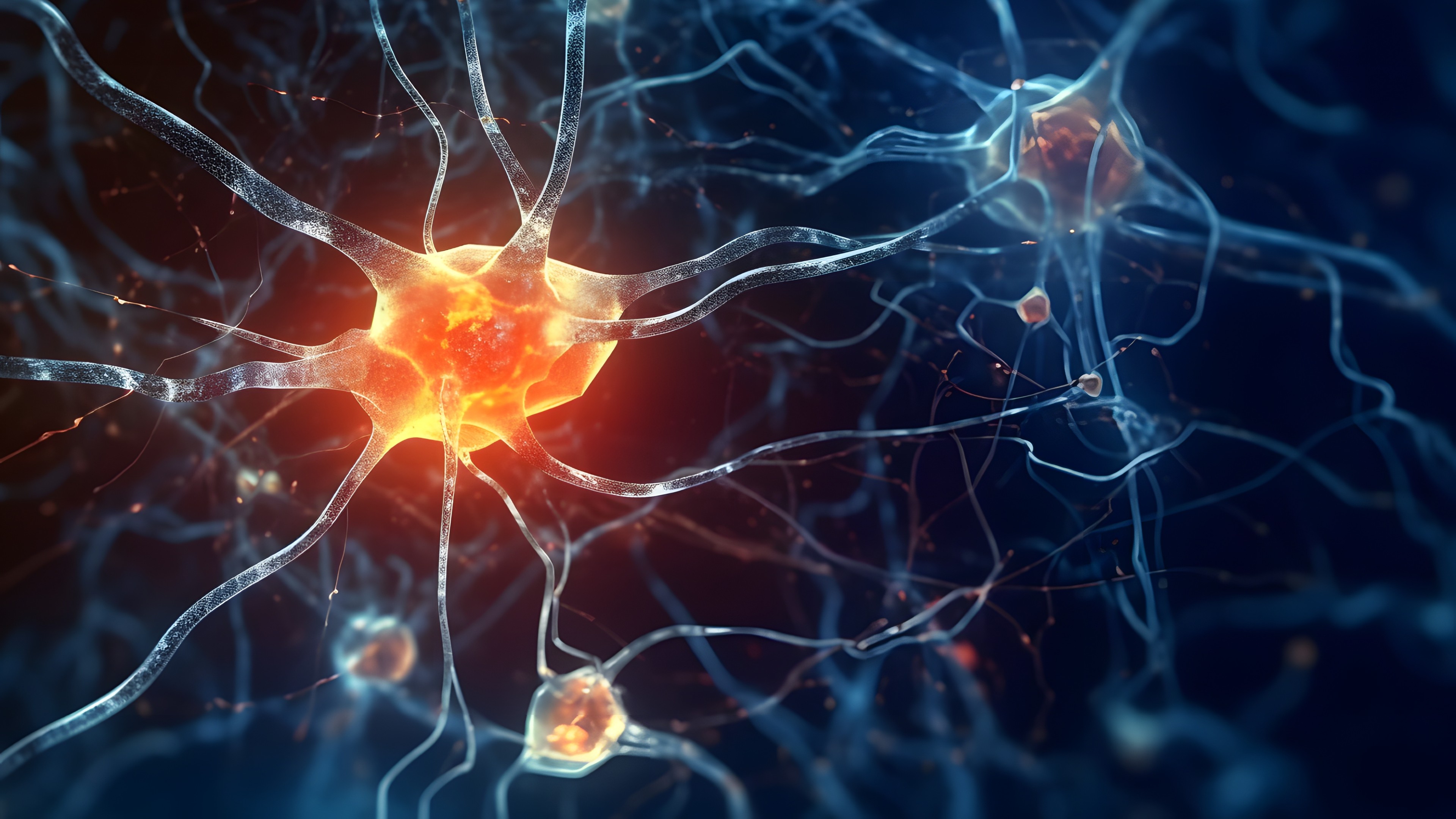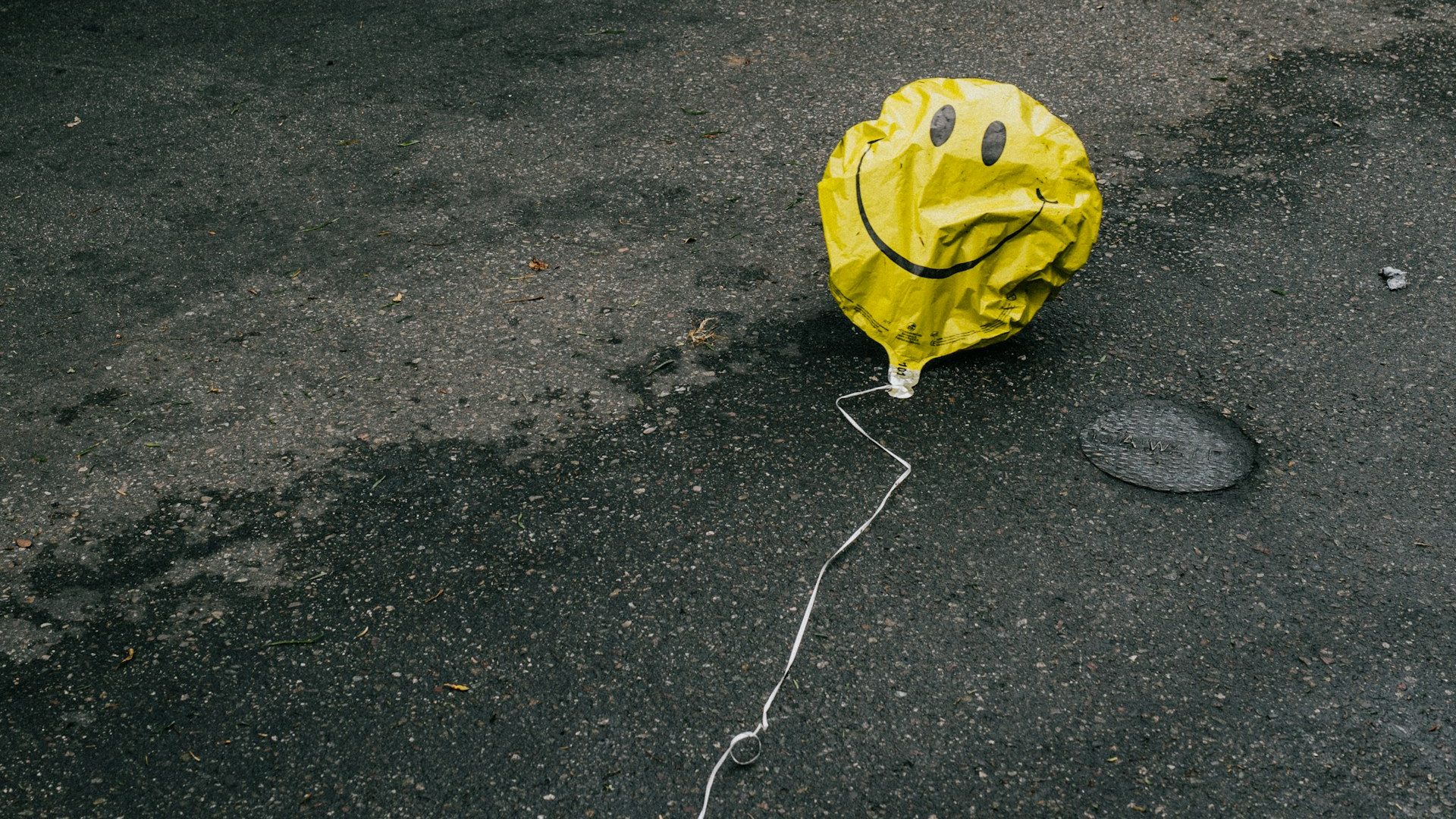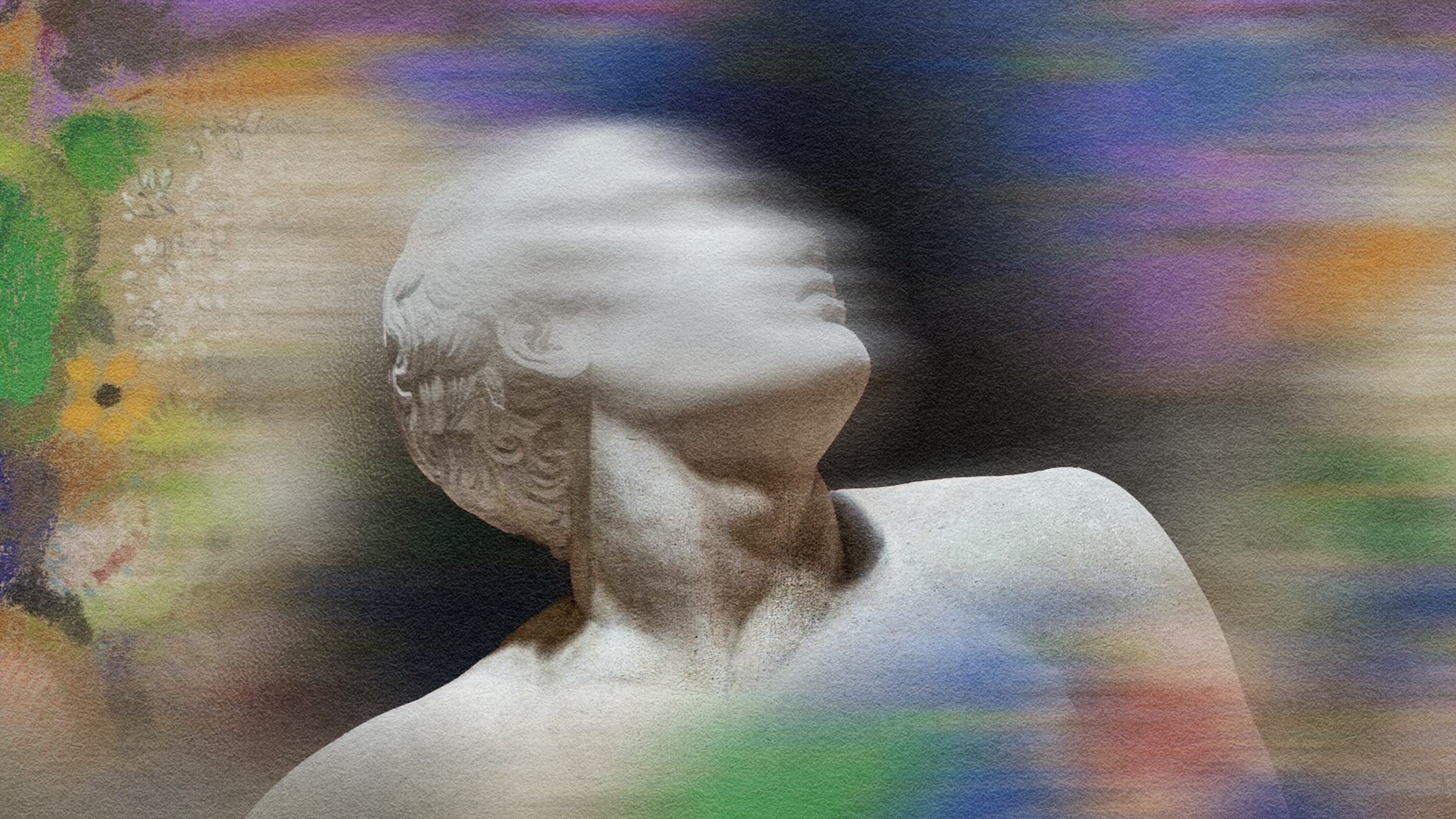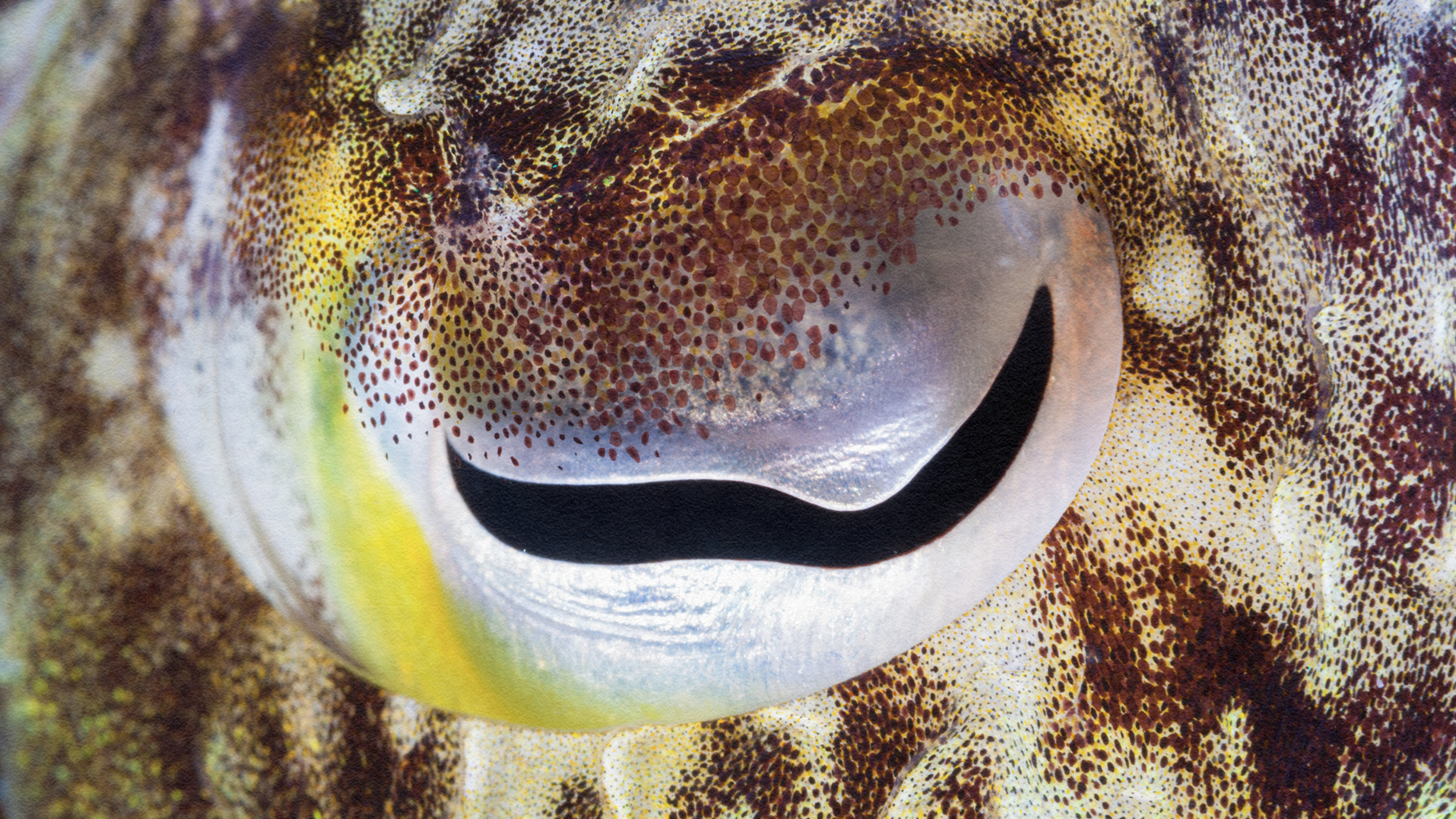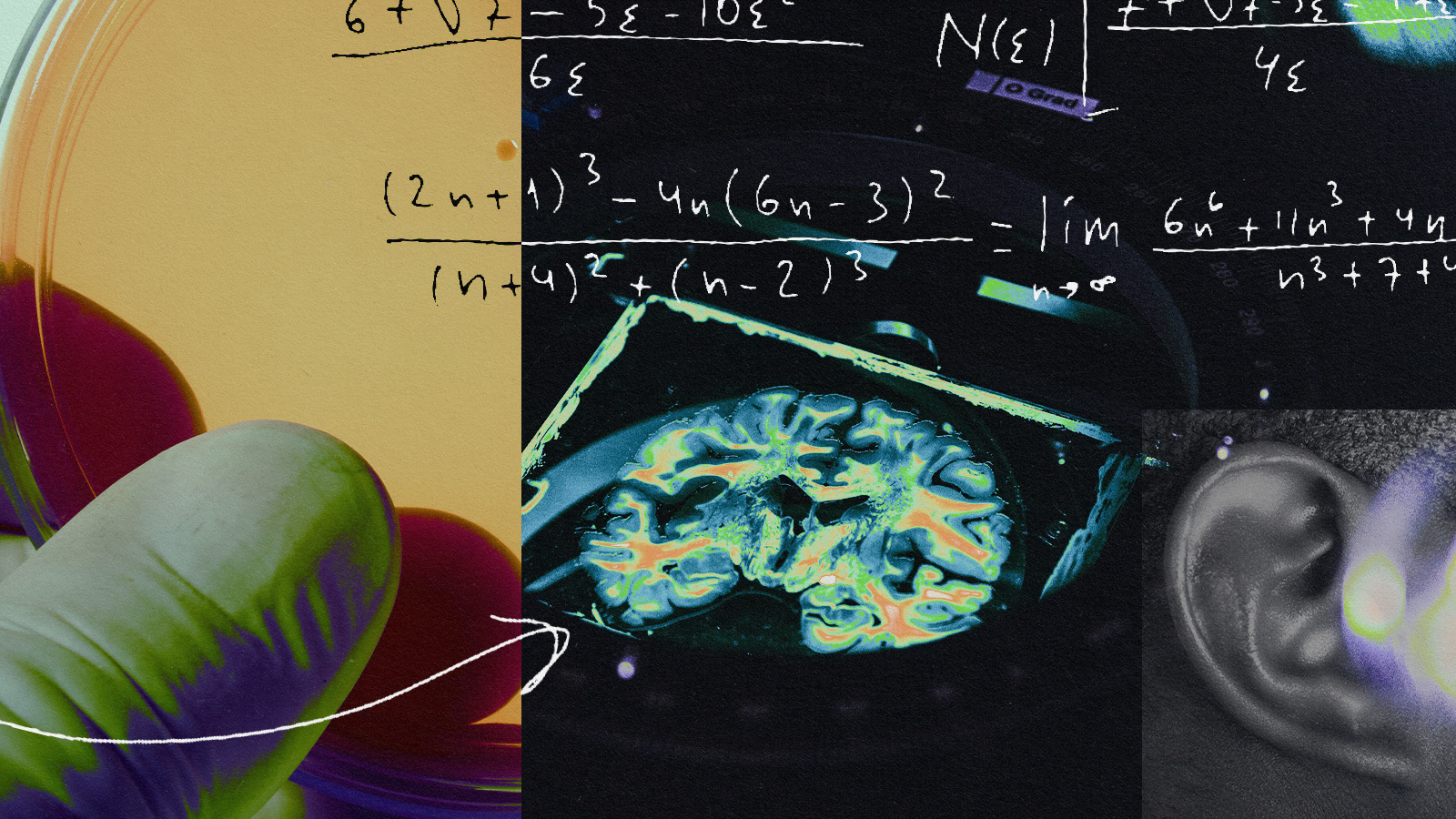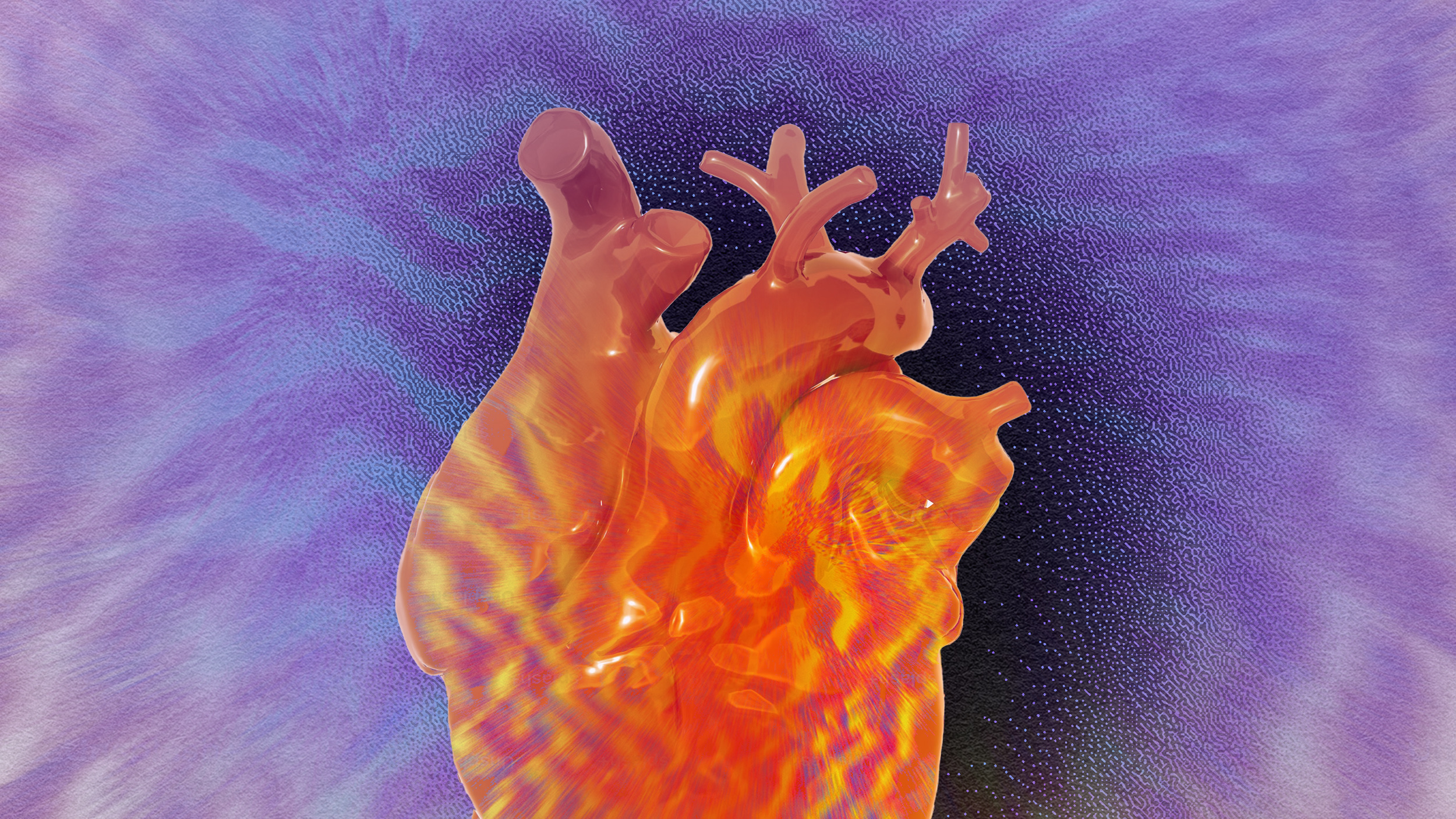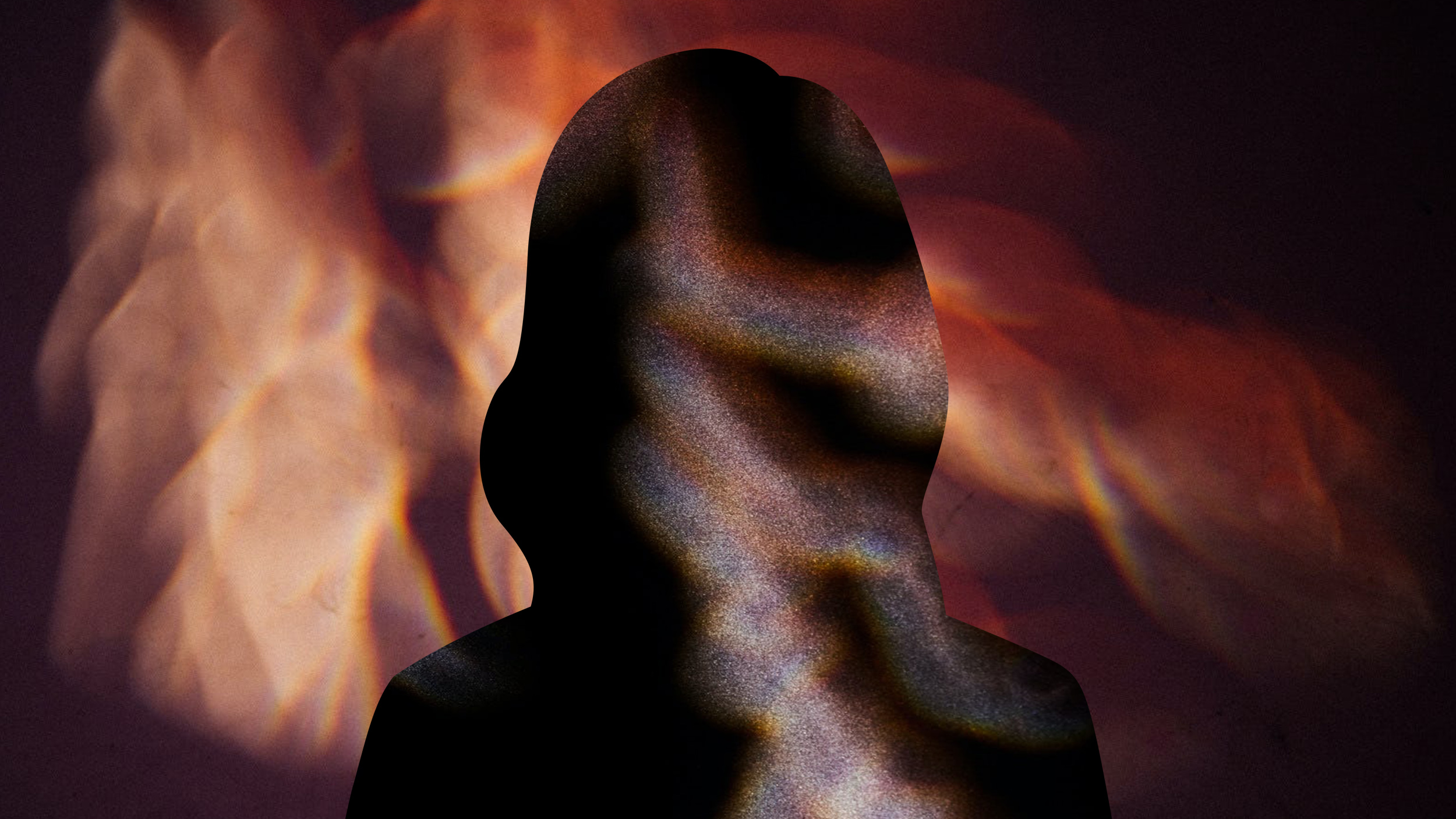An MIT study finds the brains of children who grow up in less affluent households are less responsive to rewarding experiences.
Big Think recently spoke with sleep psychologist Dr. Jade Wu about the surprising consequences of forgoing sleep.
Many still consider hypnosis more of a cheap magician’s trick than legitimate clinical medicine.
Research suggests that to maintain a healthy brain, we should tend our gut microbiome.
People who die by suicide are more likely to have reduced levels of the NPAS4 gene, which helps regulate inflammation in the brain.
Uncovering the story of Milan Hausner, the Sadská clinic, and LSD psychotherapy behind the Iron Curtain.
Studies claiming to reveal strategies for feeling happy get a second look.
High-frequency oscillations that ripple through our brains may generate memory and conscious experience.
People who score high in “obsessive passion” can become rigidly consumed by ideological causes — sometimes dangerously so.
I also can’t conjure sounds, smells, or any other kind of sensory stimulation inside my head. This is called “aphantasia.”
Researchers are finding signs of multiple phases of sleep all over the animal kingdom. The ‘active’ sleep phases look very much like REM.
Parents will sometimes use children as weapons in their relationship battles — and the fallout can be devastating.
Ketamine’s remarkable effect bolsters a new theory of mental illness.
It could perform a speech recognition task with 78% accuracy.
The heart’s rhythms may play a larger role in shaping psychedelic experiences than previously thought.
Millions of people have had a near-death experience, and it often leads them to believe in an afterlife. Does this count as good proof?
Between the hedonic and eudaimonic life, there’s a happy medium to be found.
Katie Kermode — a memory athlete with four world records — tells Big Think about her unique spin on an ancient technique to memorize unfathomably long lists of information.
Why does the DMT experience feel so familiar to some people — even those who are trying the psychedelic for the first time?
A study finds that while musical newbies exercise the brain’s so-called creative hemisphere, pros have moved on.

